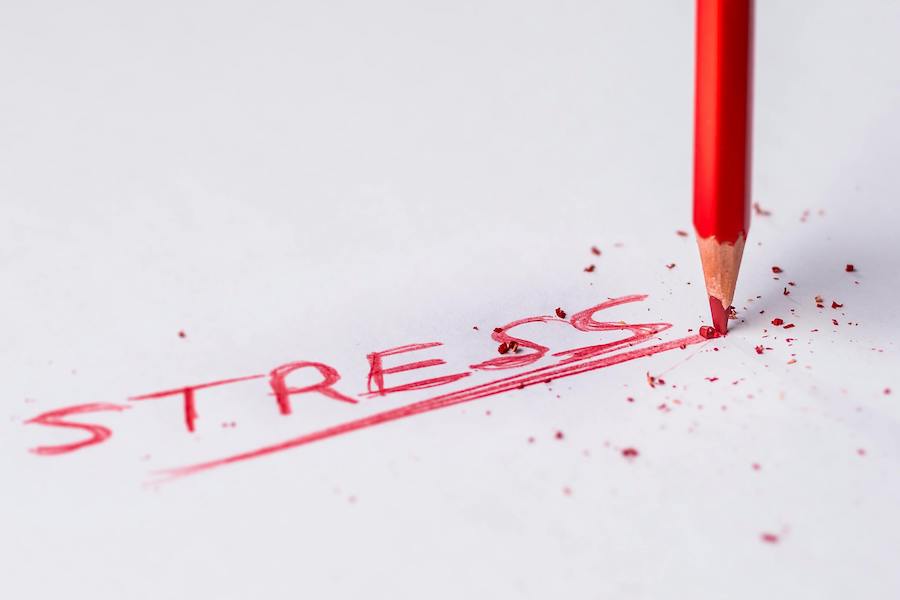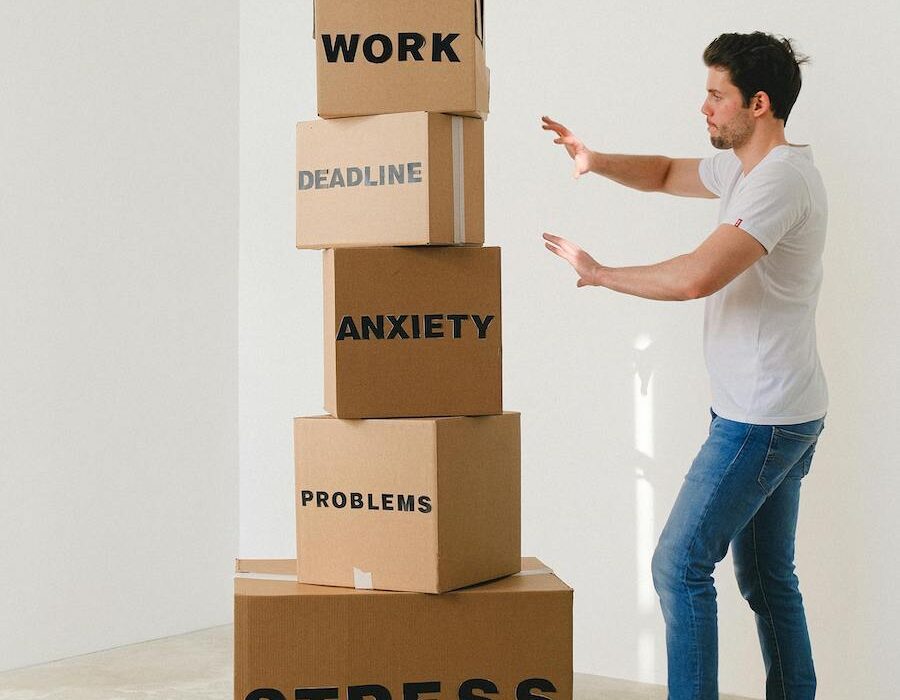How Much Stress Is Too Much? A Guide for Managing Overload
Stress may be a familiar companion for you in todays ultra fast-paced society. You probably feel like you are juggling a million things a day- housework, kids, your spouse, career, family relationships, social obligations, and personal goals. Phew!
Although some stress can be a motivator by pushing us to meet our deadlines or goals, chronic stress can take a toll. Our mental and physical health can be negatively impacted by excessive stressors.
So the question remains- how much stress is too much? And how can we recognize the signs before it spirals out of control? keep reading to learn more.
Here’s what we’ll cover:
- Understanding Stress
- Signs of Too Much Stress
- Finding Balance
- Stress Reduction Tips

Ready to take the next steps in your mental health journey?
Contact Us Today
Understanding Stress
Stress isn’t all bad- sometimes it is simply a necessary evil. If there is danger or a perceived threat, stress triggers adrenaline and sends our body into the “fight or flight” mode. In dire situations, we need stress! But in our every day lives, too much stress can cause burnout.
“Eustress” is a term to describe stress that is beneficial. The right amount of stress can motivate us, improve performance, and help us be productive. If a teenager is stressed about their upcoming final at school, it’s going to cause them to make sure they study and know their stuff. If someone is stressed about an upcoming work presentation, they will practice and make sure they are prepared. However, your stressors can slip from helpful to harmful.
Signs of Too Much Stress
Here are a few signs that your stress may be doing more harm than good:
- You have physical symptoms– chronic stress can manifest in physical symptoms. A few of these symptoms can include stomach/digestive issues, headaches, chest pains, muscle tension, and feeling fatigued. Chronic stress can potentially also cause frequent illnesses due to the weakening of the immune system.
- Emotional changes- things like anxiety, irritability, anger, hopelessness, and depression can all stem from heavy amounts of stress.
- Cognitive changes– if you struggle to stay organized and remember important details, or if you do things like neglect friendships and responsibilities- you may be under too much stress.
- Trouble sleeping– disrupted sleeping patterns is a common side effect of too much stress. If you aren’t getting enough sleep, it can cause even more stress, causing a cycle of emotional and physical turmoil.

Finding Balance
First of all, the amount of stress a person can handle varies from person to person! There is no one size fits all guide. One person may tend to thrive a bit more with a full schedule, and another person may face burnout with the same schedule. Try not to compare yourself to others and what you perceive to be their load or tolerance to stress.
The most helpful thing you can do is listen to your mind and body. If you are noticing signs of chronic stress in your day to day life, and you feel it is affecting you, it may be time to step back and reevaluate your stressors and make a change.
Ready to take the next steps in your mental health journey?
Contact Us Today
Stress Reduction Tips
If you are recognizing that you’re dealing with too much stress, it’s time to make some changes.
- Take care of yourself– It’s time to take some time to re set and re charge. Prioritize your mental and physical health. Do something thats just for YOU every day. Set aside time for things you really enjoy- yoga, a sport, quality time with friends, journaling, or taking a bath can help you feel refreshed.
- Set boundaries– Its easy to feel like our current society demands and praises constant productivity. This just isn’t realistic. Be honest with yourself about what you can and cant handle throughout your week. Remember that it’s ok to ask for help, and it’s ok to say “no”. Deciding what your boundaries are can help prevent becoming overwhelmed and burnt out.
- Organize– At the begging of each week or each month, create a schedule and to-do lists. Having your days organized can help you decide what you need to say no to, if you need to ask for help, and help you feel in control of what you need to do.
- Consider Professional Help– If your quality of life is being impacted by the amount of stress in your life, it may be time to seek professional help. A therapist can help to give insights into your life, help you dig deeper into your feelings, and provide strategies to de stress.

Final Thoughts on How Much Stress Is Too Much? A Guide for Managing Overload
Stress is a part of life, but when it starts to impact your mental and physical health, it’s time to reevaluate. Although you cant eliminate life’s stressors entirely, you can learn to reduce it so your can manage your life. Through establishing boundaries, taking care of yourself, asking for help, and getting organized, you can find a better balance that works for you.
If you are feeling overwhelmed and burnt out, we hear you. There is hope and healing in your future. If you’re ready to take the next steps, please reach out to us today!
Ready to take the next steps in your mental health journey?
Contact Us Today


